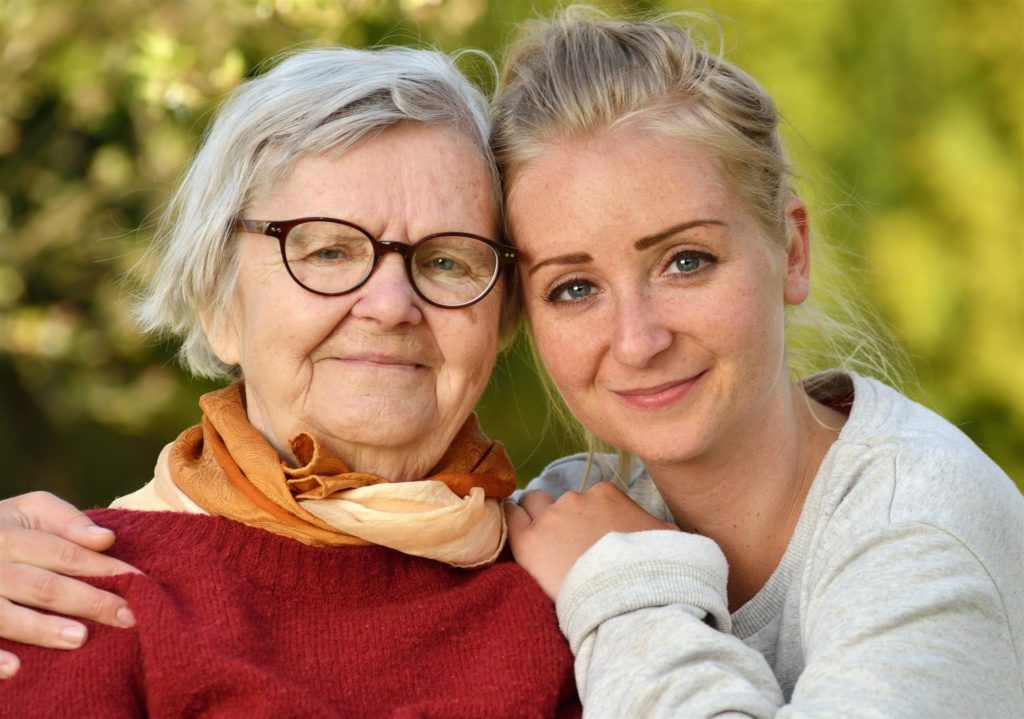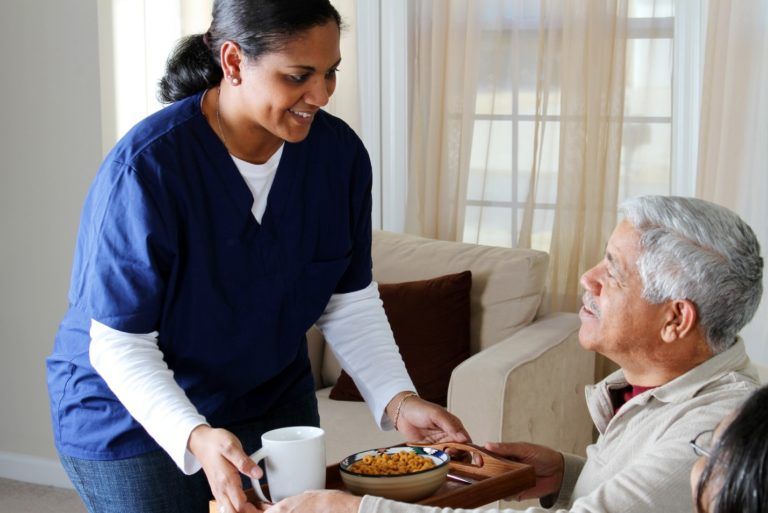Bodybuild Your Brain! The Value of Learning New Skills
There’s a common saying – “You can’t teach an old dog new tricks.” This is far from the truth when it comes to human beings. Although there are many extra difficulties we face as we get older, the brain still has the exceptional capacity to continue to learn and master many new skills, regardless of our age. It is never too late to learn something new.
Why does it Happen?
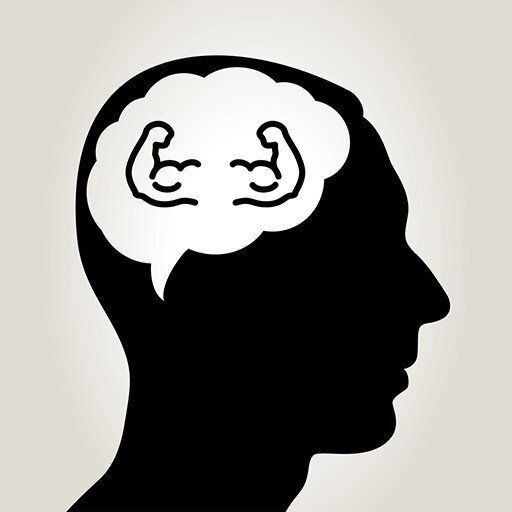
In fact, learning new things the older we get is more important than ever due to the multiple benefits it provides. The brain is comparable to a muscle. A muscle that does not get used starts to weaken over time. Oftentimes, we stop learning without even realizing it. For instance, we may follow a cookbook step-by-step to make a recipe that we’ve already prepared many times in the past, rather than trusting our memory to remember the steps. When driving to familiar areas in town, we may rely on GPS navigation instead of trusting our memory to remember street names and areas. In addition, we no longer take classes like we did when we were younger, and we tend to get familiar with our jobs and simply maintain our existing job skills as opposed to learning brand new ones. These are common examples of us making the conscious decision to stop learning, which adds up over time.
Benefits
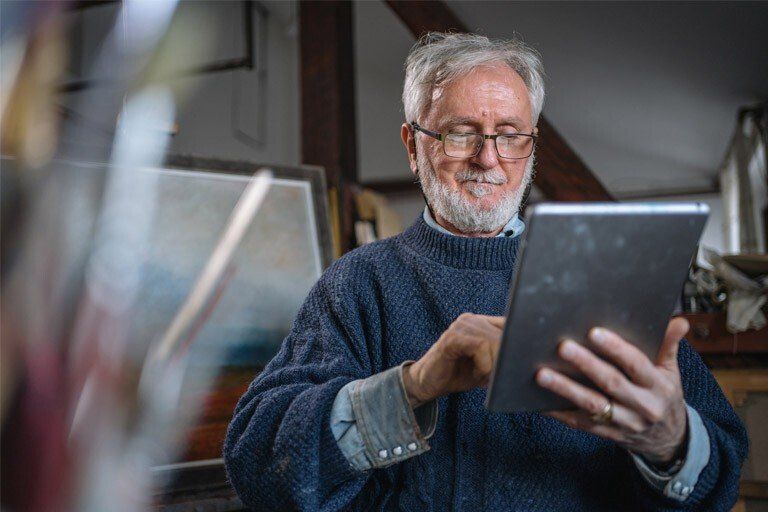
Studies show that keeping the brain active releases neurotransmitters and hormones that promote the growth of new brain cells and synapses. Learning strengthens the connections in the brain that can help fight against conditions such as dementia and other mental health issues. Learning new skills also helps fight boredom, and improve memory. In the case of learning new skills in group settings, such as classes, learning can also help fight loneliness, which is a common report among the elderly.
What Experts Say
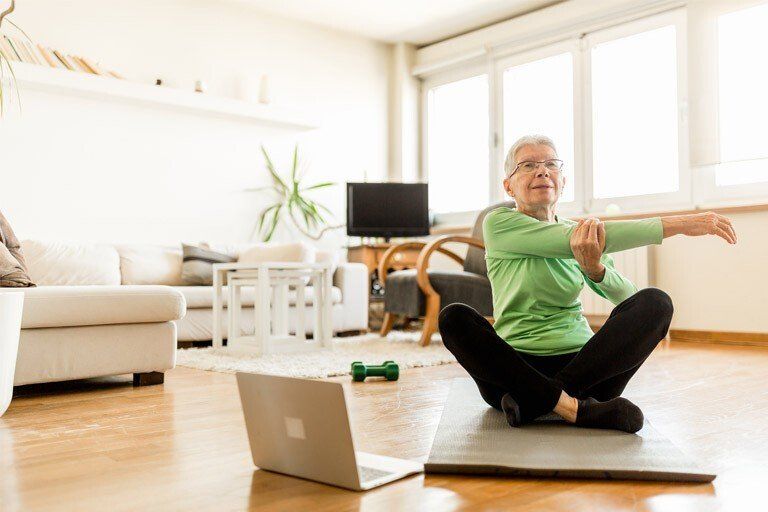
A recent study from the University of Texas at Dallas noted that learning a new task for 15 hours a week for 3 months, such as photography or quilting, resulted in lasting changes to the medial frontal, lateral temporal, and parietal cortex of the brain. These 3 areas are associated with concentration and attention. Passive activities like listening to music did not reflect any notable changes, whereas actively learning a new skill showed brain activity that is commonly observed in the brain of younger individuals.
In other words, learning new things makes your brain feel younger!
Furthermore, another study from UC Riverside went one step further, and determined that stacking up and learning multiple new things at once increases the cognitive abilities of the elderly even more. Think about it – between infancy and early adulthood, we are learning many new skills at once, all the time between school, home, social interactions, hobbies, etc. As we get older, the learning aspect starts to slow down once we’ve become more experienced with the daily tasks we deal with every day. This leads many seniors believe they cannot learn new things because of their age, but oftentimes it is the lack of confidence that is the biggest barrier.
What To Do?
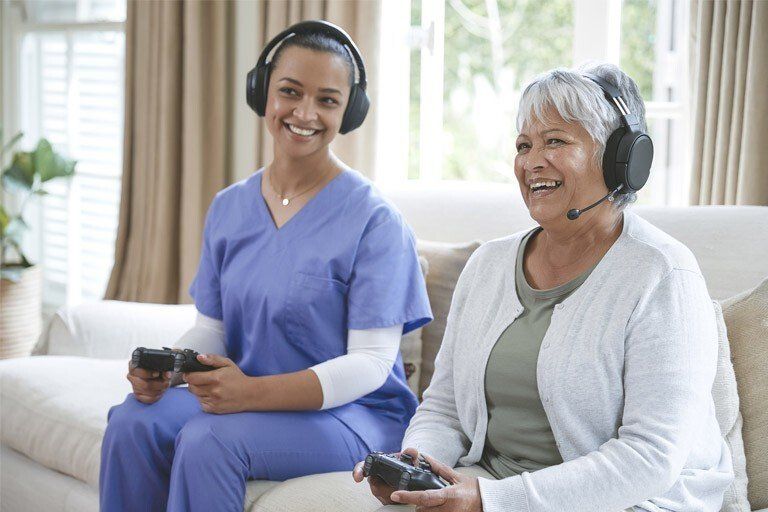
The specific activities selected aren’t necessarily the most important part. For example, photography and quilting were the chosen activities in the study above, but these may not appeal to everyone.
The key is to select an activity that is unfamiliar, and requires prolonged, active mental engagement as you begin to develop the new set of behaviors.
If you know how to play the piano, for instance, instead of learning how to play an organ, you may find more benefits in learning a brand new language altogether.
Those who like to draw or paint, for example, may find drawing on an iPad or tablet exciting. This involves learning to operate a new piece of technology you aren’t familiar with, learning to use the various apps and software, and learning new graphic design techniques altogether.
Learning multiple new skills at once is a big reason why taking more than one class is so beneficial. In terms of social benefits, posting on forums or taking a class with other people can also provide new opportunities for broad mental and social stimulation.
Yoga has been proven to increase your flexibility, mind, and concentration. Activities such as learning to play golf or tennis, or even brushing your teeth with your non dominant hand are a form of acquiring new motor skills and hand-eye coordination. New physical activities keep your mind sharp, keep the body fit and flexible, and are a great reason to go outdoors and get fresh air and Vitamin D.
Even if there are barriers like hearing or vision, screening tests are available to help you learn the details about any limitations you have, and work around them. Physical assistance from our caregivers at Connecticut In-Home Assistance can also provide support to help make your learning goals more accommodating.
Our 24-hour live in care assistance can help ensure that you have an environment that is conducive to learning, around the clock. Contact us today to take the first step !
The post Bodybuild Your Brain! The Value of Learning New Skills appeared first on .
Share
Related Posts
